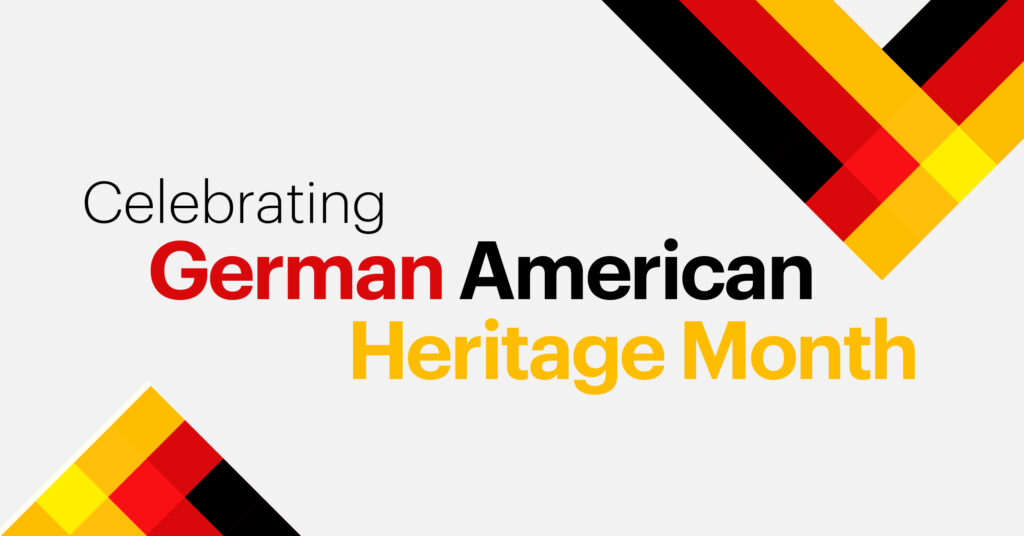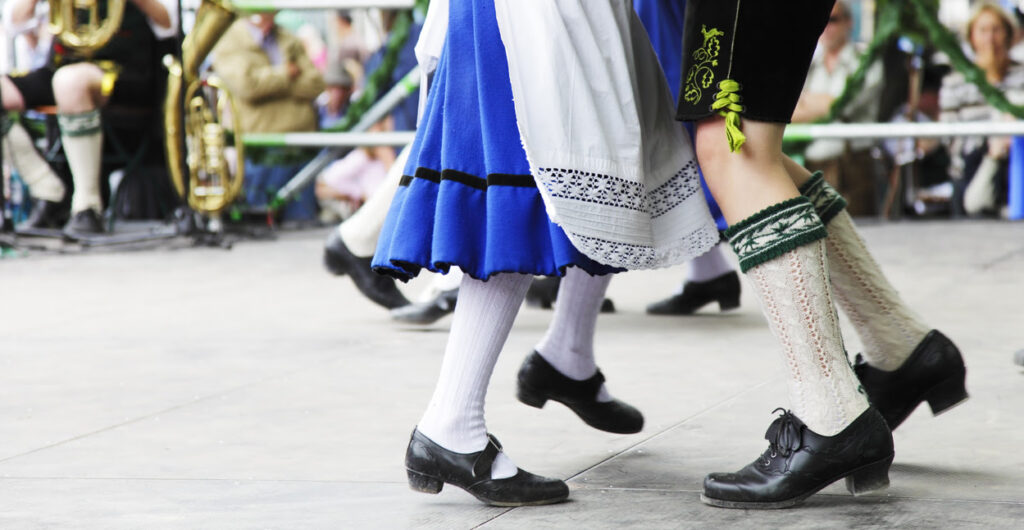
The history of German immigration to the United States dates back to the colonial era, with the first German immigrants arriving in the 17th century. However, the largest waves of German immigration occurred in the mid-1800s. These immigrants brought with them their language, tradition and skills, shaping American society and culture forever.
We celebrate German American Heritage Month annually in October to recognize the contributions of these first German settlers, their descendants and all other German Americans that are here today.
German Impact on American Education
German Americans played a significant role in shaping the language, education, music, arts and cuisine of American society. German Americans founded some of the first educational institutions in North America and promoted progressive education — two very important aspects of the American schooling system today. German culture is even the reason why we have Kindergarten.
The kindergarten movement was greatly influenced by German educator Friedrich Frobel’s ideas. Developed in the 1830s, Frobel’s vision was rooted in the belief that young children should be educated through play, creativity and exploration, providing a foundation for their intellectual and moral development. Key principles of the Kindergarten movement include child-centered learning, play-based learning and holistic development. Frobel also believed in the importance of teacher training, so that teachers were well-equipped to implement Frobel’s method of teaching effectively.
German influence on the American education system did not stop with early education. German Americans have played a pivotal role in the establishment of many prestigious universities and colleges across the United States. Harvard University, for example, was founded with the support of Henry Dunster, a clergyman of German descent. German immigrants also contributed to the establishment of liberal arts colleges, emphasizing a broad and holistic education. Institutions like Ursinus College in Pennsylvania were founded by German Americans with a commitment to liberal education.
The German model of the research university — emphasizing rigorous scholarship, academic freedom and the pursuit of original research — also inspired major educational reforms in the United States. The introduction of the Ph.D. degree, the establishment of researched-focused universities and the reemphasis on faculty research were all influenced by the German higher education system. Furthermore, German educators, such as Friedrich Frobel, played a role in shaping American pedagogical practices, particularly in early childhood education. The cultural exchange between the two nations facilitated the importation of educational ideas, contributing to the diversity and strength of the American education system.
Did you know: The first American Kindergarten was opened in 1856 by German educator Margarethe Schurz in Watertown, Wisconsin. Here, Frobel’s methods were introduced into the American education system.
German-Owned Businesses in Chicago to Visit
The Berghoff Restaurant
17 W. Adams Street, Chicago, IL 60603
International Fashions-Ingrid
4714 N. Lincoln Avenue, Chicago, IL 60625
Lutz Café and Pastry Shop
2458 W. Montrose Avenue, Chicago, IL 60618


